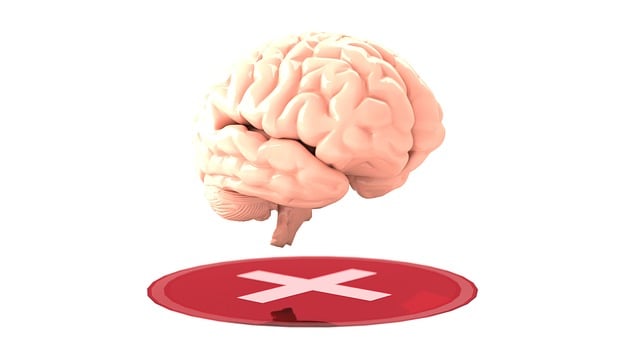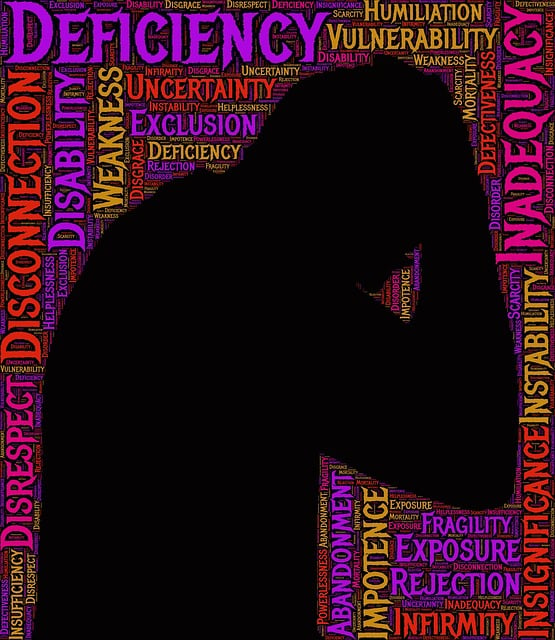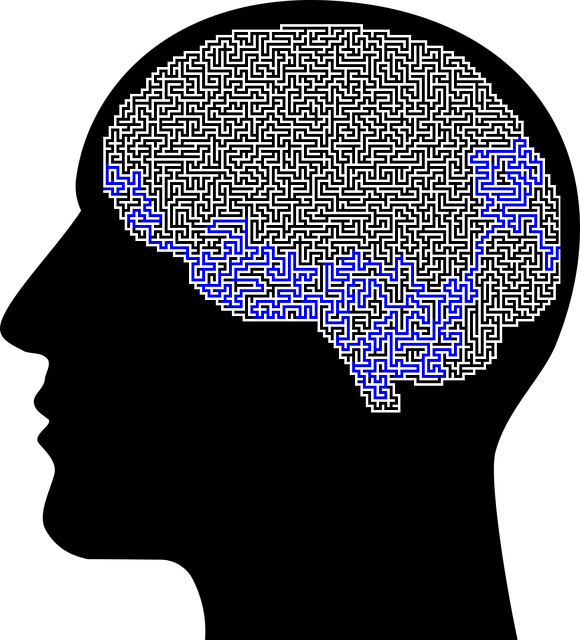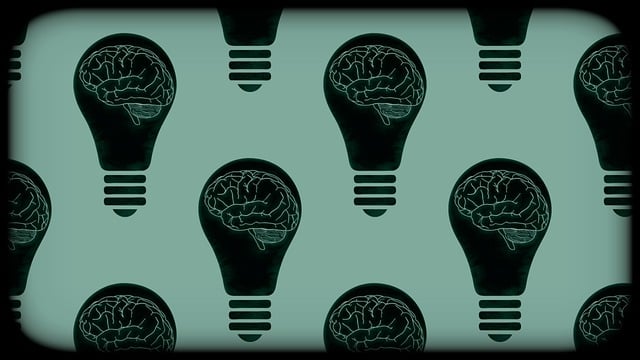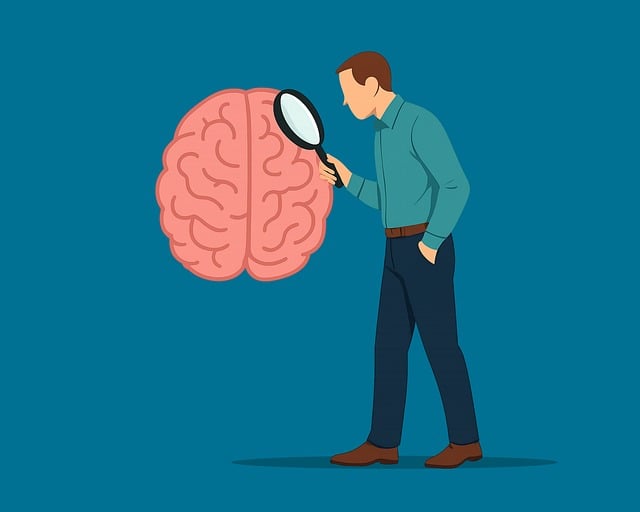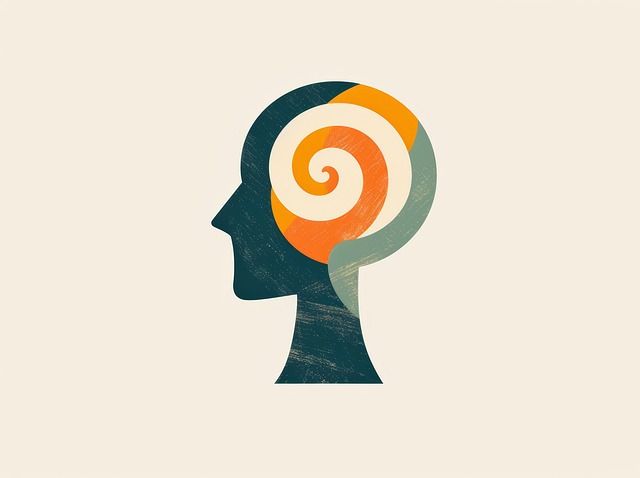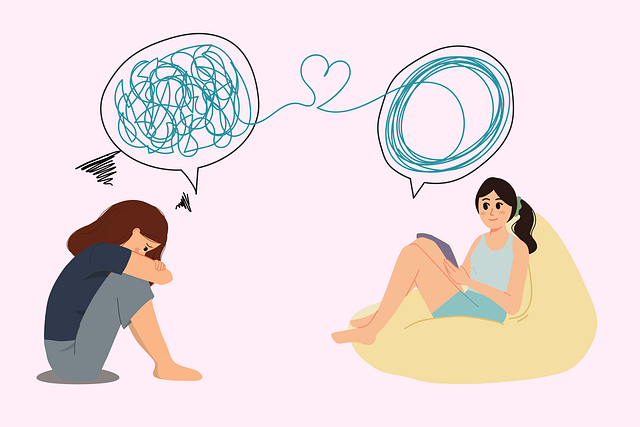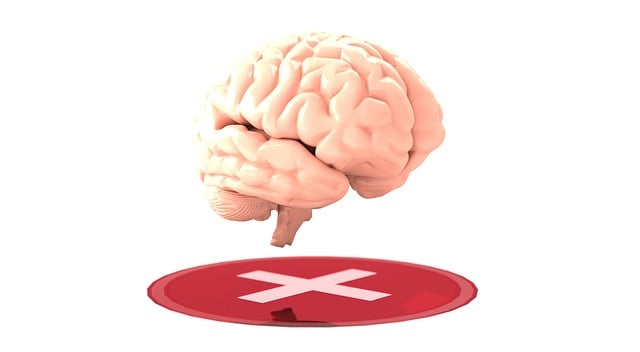Mental health literacy, as championed by the Boulder Polyamorous and Open Relationships Therapy (BPART) model, strengthens connections through education, empathy, and communication skills. An inclusive mental health program for polyamorous communities must incorporate BPART's risk assessments, specialized training on consent, and cultural sensitivity. Integrating evidence-based strategies like mindfulness, emotional intelligence, self-care routines, trauma support, and coping skills development enhances well-being. Program implementation requires a safe space, open dialogue, supportive structures, resource accessibility, and burnout prevention for educators and learners.
Mental health education is a vital tool for fostering open and honest relationships, especially within diverse communities like the Boulder Polyamorous and Open Relationships Therapy scene. This article explores the design of an inclusive program aimed at enhancing mental health literacy and improving communication. We delve into evidence-based strategies to educate about emotional intelligence and provide a safe space for learning. By considering the unique needs of polyamorous individuals, we can create impactful programs that promote well-being and strengthen connections.
- Understanding Mental Health Literacy and Its Impact on Open Relationships
- Designing an Inclusive Program: Considerations for Polyamorous Communities
- Evidence-Based Strategies for Educating About Emotional Intelligence and Communication
- Implementation and Support: Creating a Safe Space for Learning and Growth
Understanding Mental Health Literacy and Its Impact on Open Relationships

Mental health literacy plays a pivotal role in fostering open and honest relationships, particularly within the context of Boulder Polyamorous and Open Relationships Therapy. Educating individuals about mental health promotes understanding, empathy, and early intervention—key factors in building strong, authentic connections. When people are equipped with knowledge about various conditions like depression prevention strategies, they become more attuned to their own emotional states and those of others, facilitating deeper levels of intimacy.
Effective Mental Health Education Programs Design should aim to enhance inner strength development by providing practical tools for managing stress and navigating life’s challenges. By integrating these programs into therapeutic settings, individuals in polyamorous and open relationships can learn to communicate effectively about their mental health needs, thereby strengthening bonds based on trust and vulnerability. This holistic approach not only empowers individuals but also contributes to a more supportive and resilient community.
Designing an Inclusive Program: Considerations for Polyamorous Communities

Designing an inclusive mental health education program requires a deep understanding and consideration of diverse relationship dynamics, such as those within polyamorous communities. The Boulder Polyamorous and Open Relationships Therapy (BPART) model offers valuable insights for creating effective programs. It emphasizes cultural sensitivity in mental healthcare practice, ensuring that all individuals feel seen, heard, and respected regardless of their relationship structure.
When designing a program, it’s crucial to integrate a risk assessment for mental health professionals, addressing potential challenges and biases they may encounter while supporting polyamorous clients. Mental health awareness training should cover topics like consent, communication, and unique emotional dynamics within these relationships. By fostering an environment that promotes open dialogue and specialized knowledge, programs can better cater to the diverse needs of polyamorous individuals, ultimately enhancing their mental well-being.
Evidence-Based Strategies for Educating About Emotional Intelligence and Communication

In designing mental health education programs, integrating evidence-based strategies for emotional intelligence and communication is paramount. Boulder Polyamorous and Open Relationships Therapy, for instance, has shown significant benefits in fostering healthier interpersonal dynamics. These programs should focus on teaching participants to recognize and manage their emotions effectively through techniques such as mindfulness and emotional labeling. Encouraging open dialogue and active listening skills can significantly enhance communication among individuals, leading to deeper connections and reduced conflict within relationships.
Self-Care Routine Development for Better Mental Health is another crucial aspect often addressed in these programs. By promoting practices like regular exercise, adequate sleep, and engaging in hobbies, participants learn to prioritize their well-being. Trauma Support Services are also integrated to help individuals process past experiences, thereby improving their emotional resilience. Additionally, Coping Skills Development plays a significant role in equipping participants with tools to navigate stressful situations, ultimately contributing to a more stable mental health landscape.
Implementation and Support: Creating a Safe Space for Learning and Growth

Implementing a mental health education program requires establishing a safe and supportive environment for participants to learn and grow. This involves careful consideration of the physical space, ensuring it is accessible, comfortable, and free from judgment. Creating such an atmosphere fosters open dialogue and encourages individuals to share their experiences honestly. The Boulder Polyamorous and Open Relationships Therapy (BPORT) program, for instance, prioritizes a non-hierarchical, inclusive setting where diverse perspectives are valued.
Support systems play a pivotal role in the success of any education program. This includes providing resources, training facilitators, and offering ongoing guidance to participants. Effective communication strategies, as promoted by BPORT, can help build these connections. Community outreach programs can also be instrumental in raising awareness, breaking down stigma, and ensuring the initiative reaches those who need it most. Furthermore, incorporating burnout prevention techniques within the program structure is essential to sustaining both the educators and the learners over time.
Mental health education programs have a pivotal role in fostering understanding and support within polyamorous and open relationships. By incorporating evidence-based strategies, such as emotional intelligence training and inclusive design considerations, these initiatives can revolutionize the way individuals navigate their mental well-being. The implementation of safe learning spaces, tailored to diverse communities like the Boulder Polyamorous and Open Relationships Therapy group, ensures that everyone feels heard and supported. Through open dialogue and education, we can break down barriers, promote healthy relationships, and create a more inclusive society.
